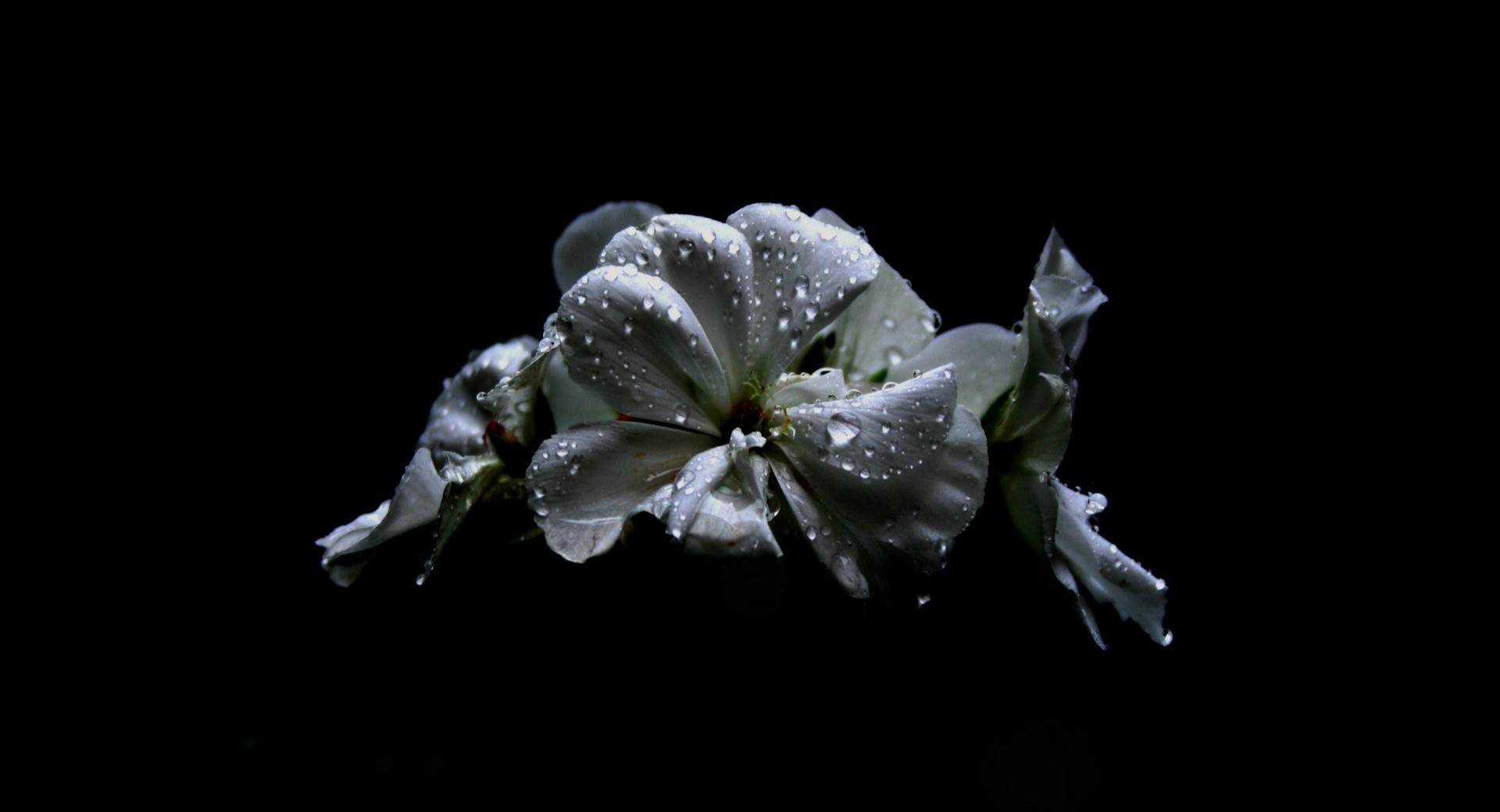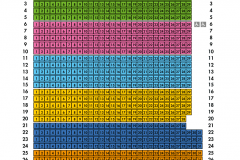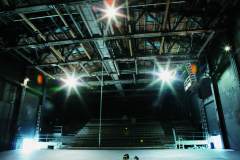The Last Days of Mankind
August 2025 | ||||||
|---|---|---|---|---|---|---|
Mo | Tu | We | Th | Fr | Sa | Su |
Karl Kraus (1874 - 1936)
The Last Days of Mankind
Tragedy in five acts with prologue and epilogue
New production
In German with English surtitles
‘I stand before the deathbed of time…’
Karl Kraus’s monumental drama Die letzten Tage der Menschheit (The Last Days of Mankind) is a bitterly incisive reckoning with the horrors of World War I. Written between 1915 and 1922, Kraus’s text plumbs the grim depths of the war and exposes its grotesque, profoundly unbearable absurdity in over 200 scenes: from the cynical blindness of the political establishment and the disinformation spread by the press to the dull indifference of the masses. Kraus shines an unforgiving light on how the folly of war was made inevitable by a confluence of political agendas and wartime propaganda, along with a society that readily believed the lies. As he bluntly states in his preface: ‘The most implausible conversations in this play were spoken verbatim; the shrillest inventions are direct quotations.’ Drawing his material from documented events and dialogues he overheard in public, Kraus makes his audience witnesses to a world that plunges into war with eyes wide open. He originally regarded The Last Days of Mankind as solely suitable for public readings and only agreed to a stage version in 1928. According to his preface, he wrote it for a ‘theatre on Mars’, as no stage on earth could possibly do justice to the pandemonium it depicts.
Dušan David Pařízek is known for his powerfully atmospheric stagings and has received numerous awards for his work as a writer, director and set designer. His production for this year’s Salzburg Festival will highlight the unsettling contemporary relevance of Kraus’s questions. What makes people susceptible to disinformation, populism and propaganda? What gives rise to delusional ideas and a belief in the inevitability of violence? What kind of society would rather leave thinking and acting to others? Pařízek critically explores the regressive impulses and symptoms of our troubled times: the final gasp of a civilizational cycle characterized by self-destructive jockeying for power, the hyping of
‘just’ wars, and profound emotional and ethical instability. We all share responsibility for this bleak world, ravaged as it is by multiple crises and the resurgence of nationalism in Europe, and Kraus’s indictment therefore applies to everyone, from bystanders to those in power. His text presents a dark vision, an ominous warning from the past. It compels each individual living today to confront the question of their own moral responsibility in a reality marked by populism, disinformation and warmongering.
The Last Days of Mankind is far more than a condemnation of war: it carries out a stinging dissection of human nature. Kraus challenges us to reflect on the mechanisms of violence, power and propaganda that still surround us and threaten, even today, to send the world spiralling into madness. A haunting look into the void, revealing humanity in all its destructive fury and tragic imperfection.
Lena Wontorra
Translation: Sebastian Smallshaw
Program and cast
Dušan David Pařízek - Director and Sets
Kamila Polívková - Costumes
Lena Wontorra - Dramaturgy
Peter Fasching - Music
Cast
Dörte Lyssewski
Michael Maertens
Elisa Plüss
Marie-Luise Stockinger
Peter Fasching - Live Music
and others
A co-production of the Salzburg Festival with the Burgtheater Vienna
Perner-Insel, Hallein
Perner-Insel, Hallein
“White Gold” (salt) was extracted for four thousand years near Hallein and this is what gave the region and the capital of the province its name. In 1989 the salt works were closed down. Various influential people involved in cultural life took the initiative to have the brine hall on the island in the middle of the River Salzach transformed into a theatre which is now used regularly by the Salzburg Festival. The conversion work in 1992 needed only an 80-day building period; six years later, new, more elaborate seating arrangements were installed as well as an interval area.
The hall is especially suitable for experimental theatre and concerts of contemporary music whereby the performance and audience areas can be adapted to the scenic concept of the production in question. In 1999 the marathon performances entitled Schlachten!, Luc Perceval’s interpretation of Shakespeare’s history plays, on the Perner Island achieved cult status.
How to get there
Adress & contact
Perner-Insel, Hallein
Pernerinsel, 5400 Hallein
The foyers are opened to Festival visitors one hour before the beginning of each performance.
Tel.: +43 662 8045 0
info@salzburgerfestspiele.at
Public transport
Bus stop Heidebrücke
Lines 41, 160, 170
FREE BUS SHUTTLE SERVICE
Departure in front of Reichenhaller Strasse 4
(Buses depart to Perner-Insel, Hallein, 1h before the performance begins and return directly after the performance.)
Parking
Parking place Perner-Insel
Perner-Insel, 5400 Hallein
Opening hours: daily 0-24 h
You can purchase a parking ticket for 2€ in the courtyard. By purchasing your parking ticket there, you save yourself the way to the ticket machine and can immediately drive out the parking lot following the end of the performance.

 EN
EN DE
DE IT
IT FR
FR ES
ES RU
RU JP
JP RO
RO
 Seating plan
Seating plan 